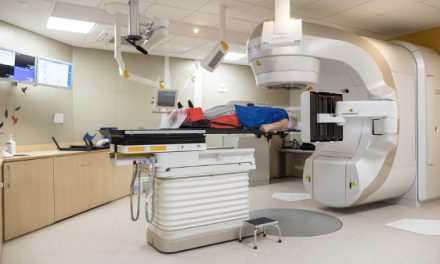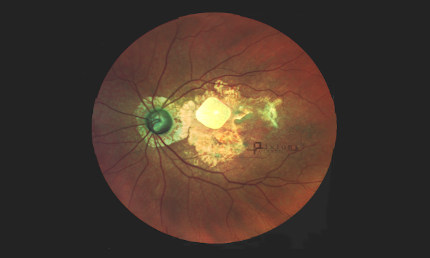
Ruben Amoretti and Pedro Clarós
Pedro Clarós, full academician and vice-president of the Royal European Academy of Doctors-Barcelona 1914 (RAED) and also full academician of the Royal Academy of Medicine of Catalonia, presented on 6 March at the Equestrian Circle of Barcelona the work “Una voz operística actual muy misteriosa” (A very mysterious current operatic voice), in which he documents the strange case of acromegaly of the Spanish tenor Rubén Amoretti.
“Acromegaly is a rare disease that produces vocal changes as a common clinical finding. The authors present a very rare case of an opera singer with acromegaly undiagnosed for years, whose tessitura was changing progressively from tenor to baritone and finally to bass, analysing the evolution of vocal parameters over the last years and the result of his voice after the surgical treatment of the extirpation of the adenoma”, Clarós said in the presentation of his paper.
The clinical history is that of a professional tenor who at 41 years old went to Clarós Clinic due to that change in his voice, subjectively at first, but objective later. He was an opera singer since 1990 and in the last five years he noticed how a more serious voice was produced in a subtle and progressive way that interfered with his tenor professional life, presenting characteristics of baritone tessitura at the time of the visit, in in the year 2000.
In the observation, enlargement of the skull and hands was detected in the patient. A laryngeal endoscopy was performed and a video examination showed an anatomically normal larynx, although of larger dimensions compared to his own observations of previous years’ explorations. The modification of the size of the larynx, the length of the vocal cords and the vocal parameters in a patient singer of opera with acromegaly has even raised the interest of the film industry, which projects a film about the life of a person who happens to be a singer with a modification of his voice that is as extraordinary as surprising because of its rarity.
Pedro Clarós has a long career and research that has made him one of the leading otolaryngologists in Spain and Europe, required by large institutions such as the Great Theatre of the Liceu of Barcelona. To this he adds his dedication and dedication to the sick with fewer resources through the programs of the Clarós Foundation. An institution that also promotes projects together with the Clarós Clinic with doctors from developing countries.




